
Monad Faucet Guide: How to Get Free Testnet MON Tokens in 2025
Get free Monad testnet tokens from top faucets in 2024. Complete guide to claiming MON tokens for testing on the world's fastest EVM blockchain.


Get free Monad testnet tokens from top faucets in 2024. Complete guide to claiming MON tokens for testing on the world's fastest EVM blockchain.

Miner Extractable Value (MEV) is a crucial yet often misunderstood concept within the Ethereum ecosystem. It refers to the potential profit that miners (or validators in Ethereum's proof-of-stake system) can capture by manipulating the order, inclusion, or exclusion of transactions in a block. As decentralized finance (DeFi) and

Decentralized Finance (DeFi) has revolutionized the financial landscape, offering a wide range of services without the need for traditional intermediaries like banks. Among the most prominent DeFi services are lending protocols, which allow users to lend and borrow cryptocurrencies in a decentralized manner. This post will delve into how DeFi

CT Trading & Investment Daily is a newsletter that delivers curated tweets on crypto trading and investments from a selection of influential crypto accounts.

The Avalanche blockchain, known for its speed and scalability, has become a breeding ground for some of the hottest meme coins in the cryptocurrency landscape. These community-driven tokens, often inspired by internet memes and jokes, can offer high-risk, high-reward potential to adventurous investors. However, navigating the volatile world of meme
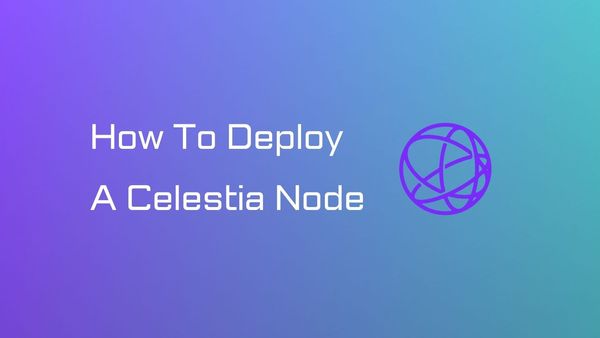
Celestia ($TIA) has hyped the crypto community in recent weeks with its foundational concept of modular data availability and groundbreaking features. There are numerous ways to participate in the network, such as staking TIA with validators or building applications on top of the network. Users can also interact with the

Staking Celestia ($TIA) is the easiest way to participate in the Celestia network and earn rewards. Our guide will show you how to stake $TIA with validators in simple steps. What is Celestia (TIA)? Celestia is a modular data availability network designed to tackle the scalability trilemma of blockchain and
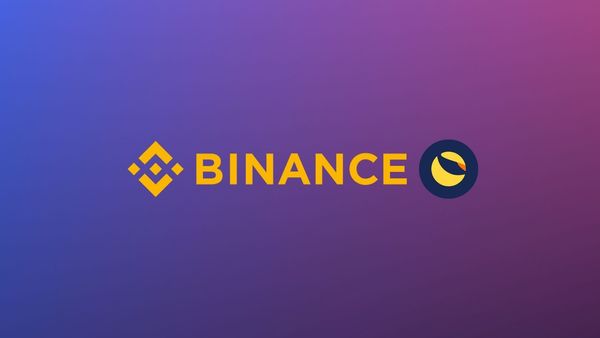
The incoming changes in regulations have prompted crypto exchanges to update their policies to ensure regulatory compliance. However, this could bring some obstacles to users when they want to buy Luna Classic (LUNC). In this beginner's guide, we'll show you where and how to buy Luna
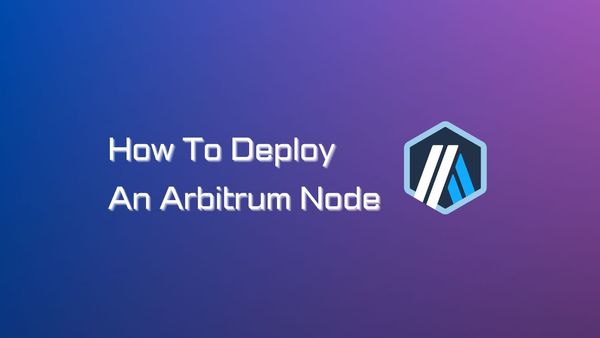
The sustainable growth of the Arbitrum network depends crucially on the numbers of nodes. Running your own node on Arbitrum has several benefits, such as increased privacy, security, and improved network's heath. This guide will show you how to set up an Arbitrum node and specs and system
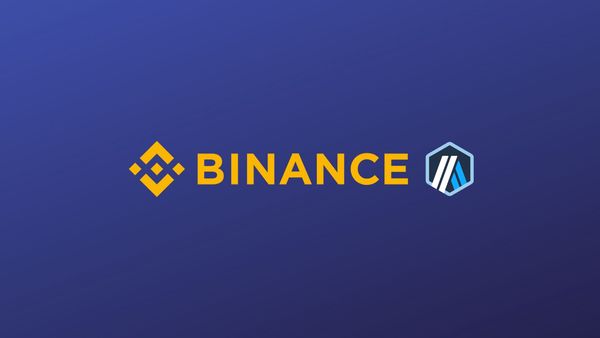
Ethereum layer-2 scaling solutions have achieved steady growth in 2023, with Optimism (OP) and Arbtrium (ARB) apparently in the spotlight. The ongoing demand for gas fee optimization and ease of congestion will likely improve the long-term outlook for both OP and ARB tokens. In this post, we'll provide
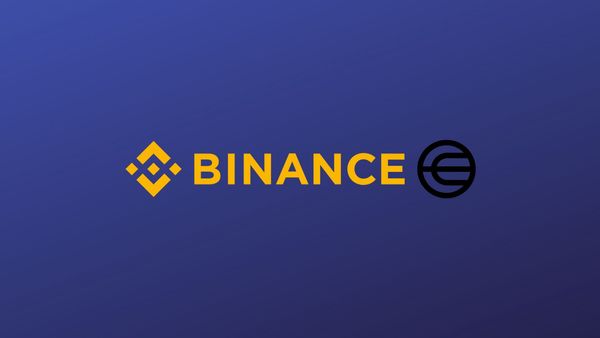
Worldcoin (WLD) has sparked heated debates in the crypto community due to rising concerns over data privacy and artificial intelligence (AI). However, the project's original goal of unlocking financial inclusion, which the traditional financial system has struggled to provide, is promising. If you support Worldcoin's goals
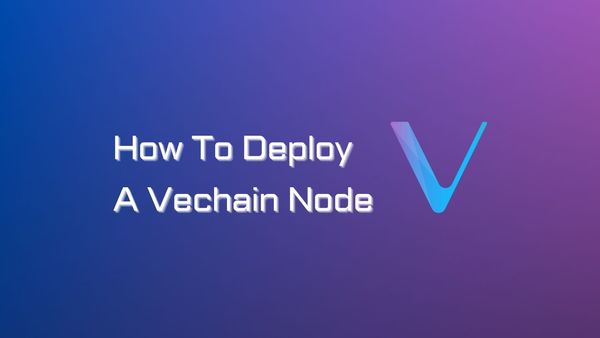
Running a VeChain node allows you to earn extra income while supporting the network's security and performance. Our guide will cover everything you need to know about VeChain nodes, node rewards, and, most importantly, how to set up your node on VeChain. Disclaimer: All information in this post